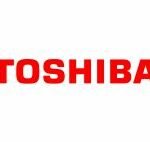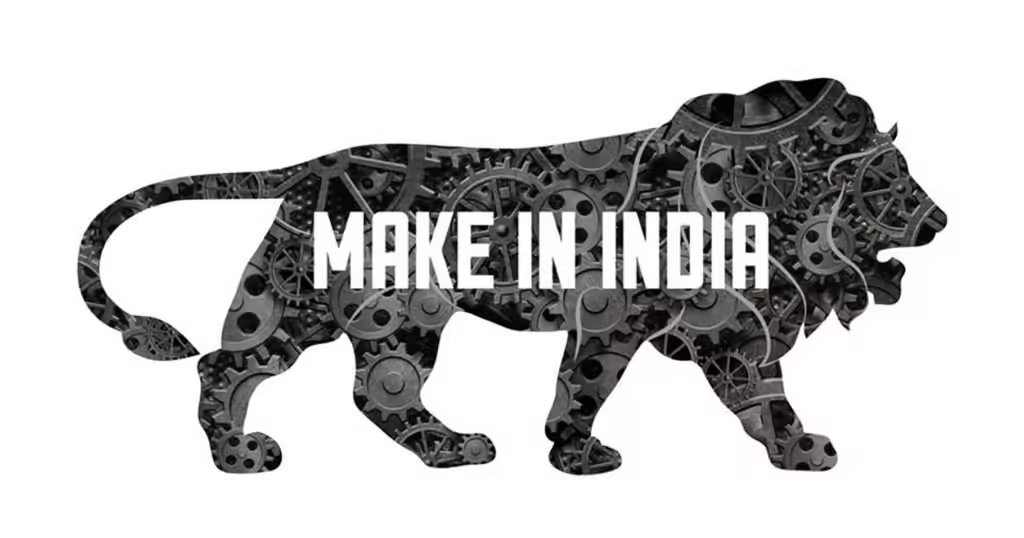Get a Quick Quote/info
Our Services
- ISO 9001 Certification
- ISO 14001 Certification
- OHSAS 18001 Certification
- ISO 45001 Certification
- HACCP Certification
- ISO 22000 Certification
- ISO 27001 Certification
- More Standards...
Halal Certification
Halal Certification is a process that verifies products are permissible according to Islamic law (Shariah). It ensures that raw materials, processing, packaging, and handling meet the standards required for Muslim consumption. Beyond food and beverages, Halal Certification is also important for cosmetics, pharmaceuticals, nutraceuticals, and hospitality services.
With a growing global demand for Halal products—especially in regions like the Middle East, Southeast Asia, and Europe—having a Halal certificate opens up major business opportunities. It reflects ethical sourcing, hygiene, and transparency in your production process.
At Startup Bharat, we help businesses understand and implement Halal standards according to international guidelines such as those set by JAKIM, GAC, or the Halal India Board. We offer complete support—from documentation and audits to staff training and final certification.
Halal Certification not only enhances brand value but also enables access to new markets, builds community trust, and ensures compliance with religious and regulatory expectations.
Why HALAL
- Required for Selling to Muslim Consumers
- Access to Global Halal Markets
- Boosts Consumer Trust and Brand Loyalty
- Applicable Beyond Food
- Supports Ethical & Hygienic Production
- Meets Regulatory Requirements in Many Countries
- Enhances Competitive Advantage
Benefits
- Expanded Market Reach
- Legal Compliance in Muslim-Majority Countries
- Stronger Brand Image
- Improved Hygiene & Quality Standards
- Consumer Trust & Loyalty
- Applicable to Multiple Sectors
- Boosts Export Potential
Halal Certification (Shariah-Compliant Product Assurance) from Startup Bharat
- A system that ensures products meet Islamic dietary and ethical standards
- Builds trust among Muslim consumers locally and globally
- Proven to support brand credibility and expand market reach
Halal Certification is essential for businesses involved in food, beverages, cosmetics, pharmaceuticals, and hospitality that aim to serve Muslim consumers. It assures that all ingredients, processes, and handling methods strictly follow Islamic laws (Shariah) — including sourcing, hygiene, slaughtering (for meat), and packaging.
In today’s global market, Halal Certification is not only a religious preference but a growing commercial necessity. Muslim populations across the Middle East, Southeast Asia, Africa, and Europe are actively seeking Halal-certified products. Research shows that businesses with Halal Certification experience increased customer loyalty, greater market access, and stronger compliance with regulatory standards in Islamic countries.
At Startup Bharat, we assist brands in achieving Halal Certification through an end-to-end process that includes document preparation, supplier verification, and coordination with recognized Halal certification bodies. We ensure your product is ready to meet religious, legal, and global trade expectations with ease.
Halal Certification from Startup Bharat plays a vital role in positioning your business for sustainable growth, ethical branding, and international success.
Halal Certification Process
Every year, Startup Bharat assists numerous businesses in obtaining Halal Certification to meet religious, ethical, and regulatory expectations. The process is straightforward and designed to help your products gain trust and access to Muslim-majority markets globally.
Step-by-Step Halal Certification Process
Application & Scope Definition
We begin by understanding your business type (food, cosmetics, pharma, etc.) and the specific products you wish to certify.Ingredient & Supply Chain Review
All ingredients, additives, and raw materials are reviewed to ensure they meet Halal requirements. We also verify supplier documentation.Process & Hygiene Evaluation
A full evaluation of your manufacturing process, equipment cleanliness, and storage is conducted to check for any cross-contamination risks.Documentation & Compliance Setup
We help you prepare required documents like Halal declarations, sourcing statements, and process SOPs as per the certifying authority’s standards.Audit by Halal Certifying Body
A recognized Halal certification authority visits your facility, verifies compliance, and performs a detailed audit.Issuance of Halal Certificate
Upon successful audit clearance, your business receives the Halal Certificate, typically valid for 1 year (renewable with surveillance audits).
Halal Certification Cost
The cost of obtaining Halal Certification depends on your business type, product range, and operational complexity. At Startup Bharat, we offer flexible and transparent pricing with end-to-end support.
Key Factors Affecting Cost:
✅ Type of Industry – Food, cosmetics, pharmaceuticals, hospitality, etc.
✅ Number of Products & Ingredients – More variety requires deeper ingredient validation
✅ Facility Size & Location – Single unit or multiple branches/manufacturing units
✅ Certifying Authority – Domestic (Halal India) or International (JAKIM, GAC, ESMA, etc.)
✅ Documentation Readiness – Availability of internal SOPs, ingredient lists, etc.
Estimated Cost Range:
Small Businesses (Retail, Bakery, or Café): ₹25,000 – ₹50,000 INR
Medium Enterprises (Packaged Food or Cosmetics Manufacturing): ₹50,000 – ₹1,00,000 INR
Large Export-Oriented Units (Food Processing or Pharma): ₹1,00,000 – ₹2,50,000+ INR
Reasons to Get Halal Certification
✅ Compliance with Islamic Laws (Shariah)
Ensures your products meet religious dietary and ethical guidelines.
✅ Access to Global Halal Markets
Required for exports to countries in the Middle East, Southeast Asia, and Africa.
✅ Builds Trust with Muslim Consumers
Helps brands gain loyalty by showing respect for religious beliefs.
✅ Applicable Across Industries
Covers food, cosmetics, personal care, pharmaceuticals, and hospitality sectors.
✅ Improves Hygiene and Process Standards
Halal systems emphasize cleanliness, safety, and traceability in production.
✅ Mandatory for Government or Institutional Supply Contracts
Halal certification is often a prerequisite in tenders for airlines, hospitals, and schools.
✅ Enhances Brand Reputation & International Acceptance
Displays ethical sourcing and quality, giving your product a competitive edge.
1. What is Halal Certification?
Halal Certification is a process that ensures products comply with Islamic laws (Shariah), verifying that the ingredients, processing, and packaging are permissible for Muslim consumption or use.
2. Who needs Halal Certification?
It is essential for businesses in food & beverage, cosmetics, pharmaceuticals, nutraceuticals, and hospitality services that wish to serve Muslim consumers or export to Muslim-majority countries.
3. Is Halal Certification mandatory?
It is mandatory in many Islamic countries for imports and highly recommended in others for building trust and expanding into Muslim markets.
4. How long does the Halal certification process take?
Typically, it takes 3 to 6 weeks, depending on product type, documentation readiness, and certifying body requirements.
5. How long is Halal Certification valid?
Most Halal certificates are valid for 1 year, with annual renewal audits required to maintain compliance.
6. Can a vegetarian or vegan product be Halal-certified?
Yes, as long as it does not contain any prohibited (haram) ingredients and follows Halal-compliant manufacturing practices.
ISO 9001 Certification in Dubai
Companies we've worked with













